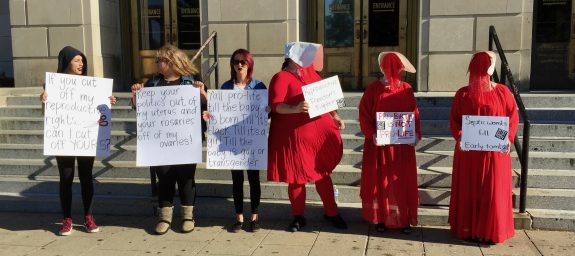 “Contrariwise,’ continued Tweedledee, ‘if it was so, it might be; and if it were so, it would be; but as it isn’t, it ain’t. That’s logic.”
“Contrariwise,’ continued Tweedledee, ‘if it was so, it might be; and if it were so, it would be; but as it isn’t, it ain’t. That’s logic.”
? Lewis Carroll
I began my day yesterday morning attending Medical Grand Rounds at University of Louisville Hospital. These weekly sessions teach the principles of evidence-based, scientific medicine to the physicians of tomorrow. They simultaneously emphasize the ethical and patient-centered ideals that underly and legitimize the practice of medicine. For the physicians of today (and of yesterday like me) they provide a way to refresh and celebrate the ever-expanding knowledge of the science of medicine, and to reaffirm and share together our commitment to the highest standards of our profession.
Because I was already nearby and interested in the proceedings, I drove across town to observe the second day of trial in the courtroom of Judge Greg N. Stivers in the United States District Court for the Western District of Kentucky to hear the constitutional challenge to new Kentucky abortion restrictions which was brought by EMW Women’s Surgical Center (joined by Planned Parenthood) against Gov. Matthew Bevin and Health Secretary Vicky Glisson. Judge Stivers will pass judgement on whether the language, intent, or implementation of laws controlling transfers and transport of women with complications of abortion from an outpatient clinic to a hospital unduly burden the right to terminate a pregnancy. Continue reading “Alice In Wonderland in a Louisville Federal Courtroom.”
